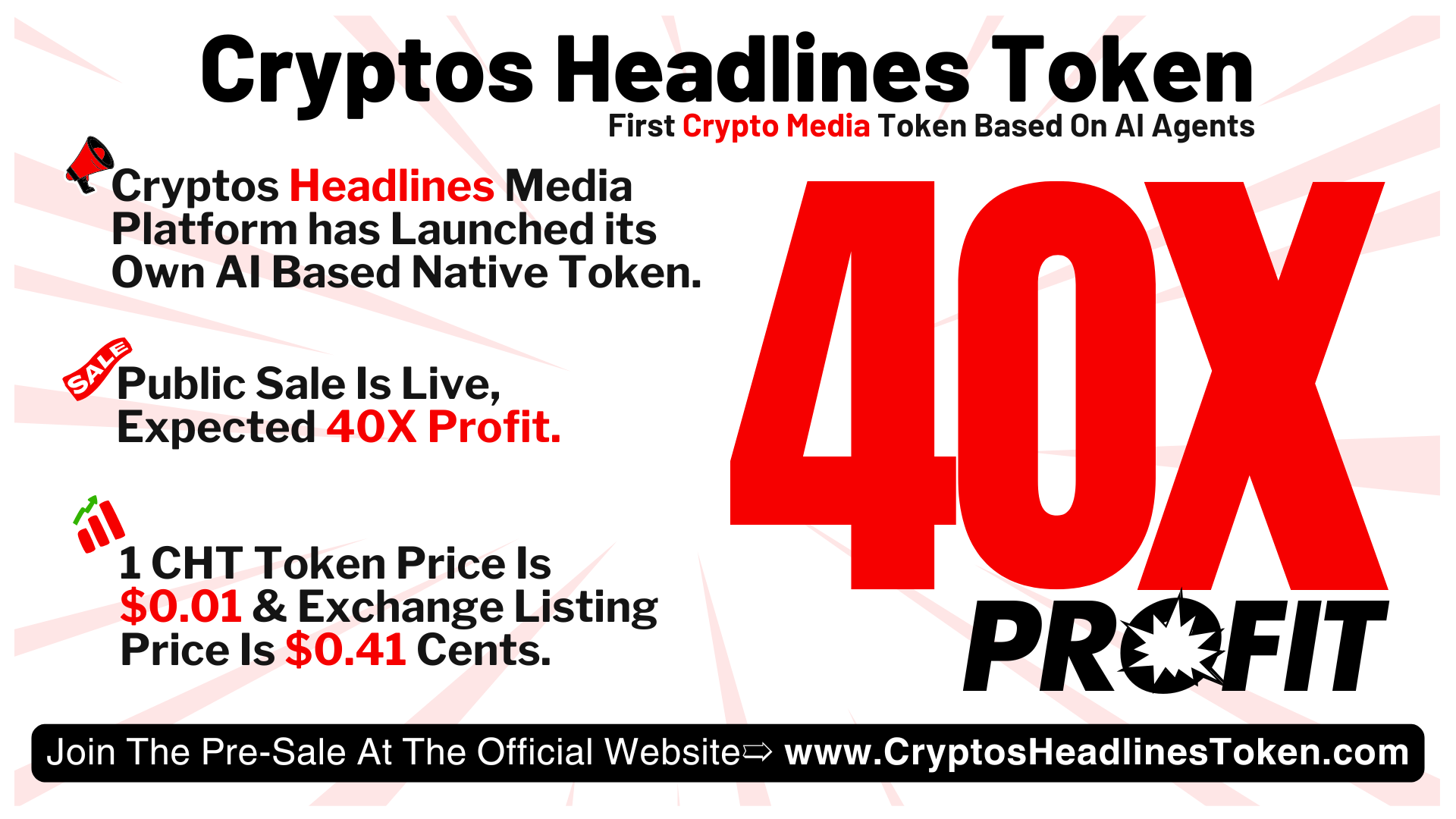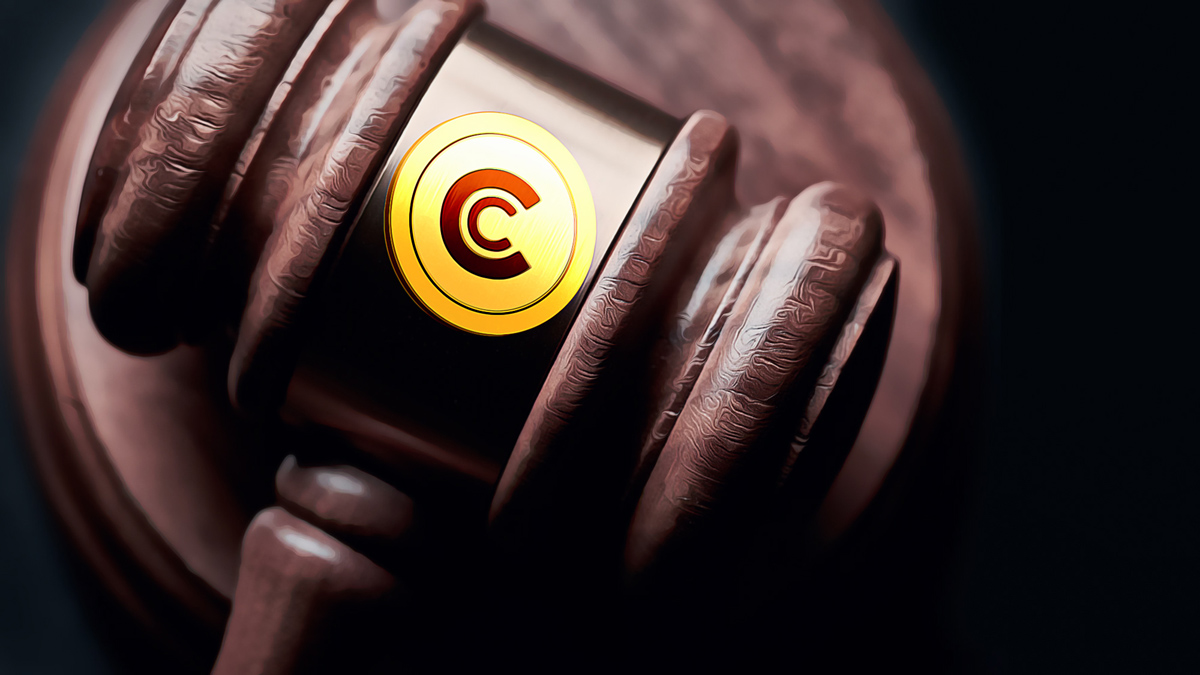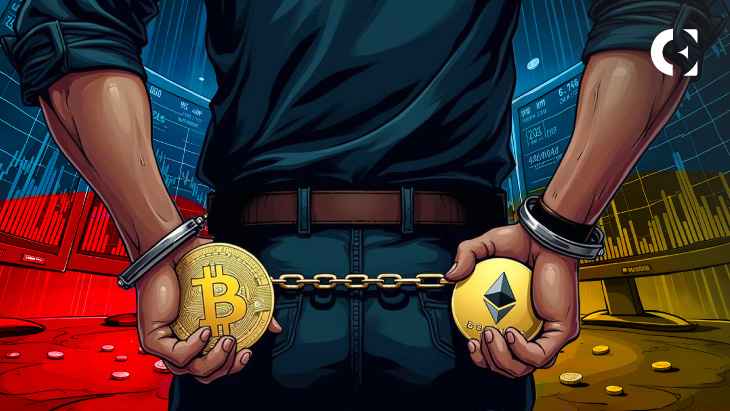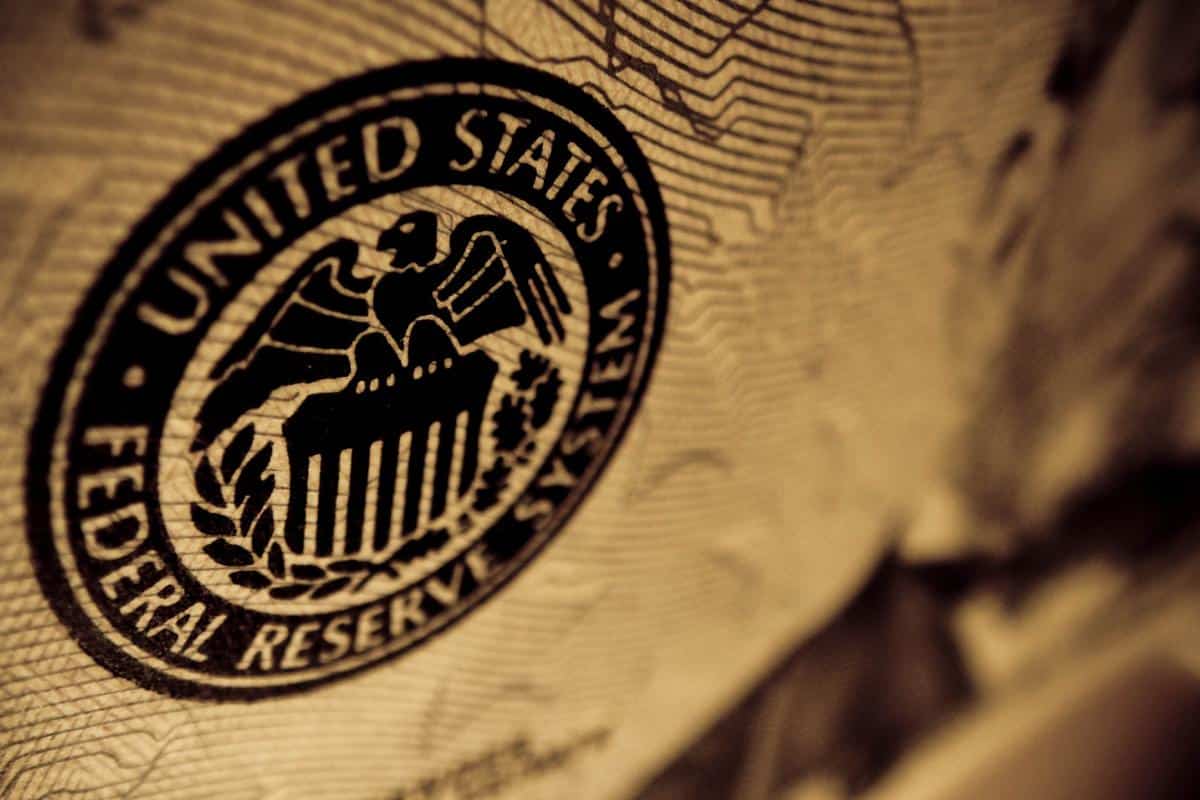Strategic choices often determine the future of blockchain networks. While Solana enhances its transaction capacity and ecosystem stability, and Polygon advances its cross-chain capabilities, BlockDAG Network is pursuing a unique course.
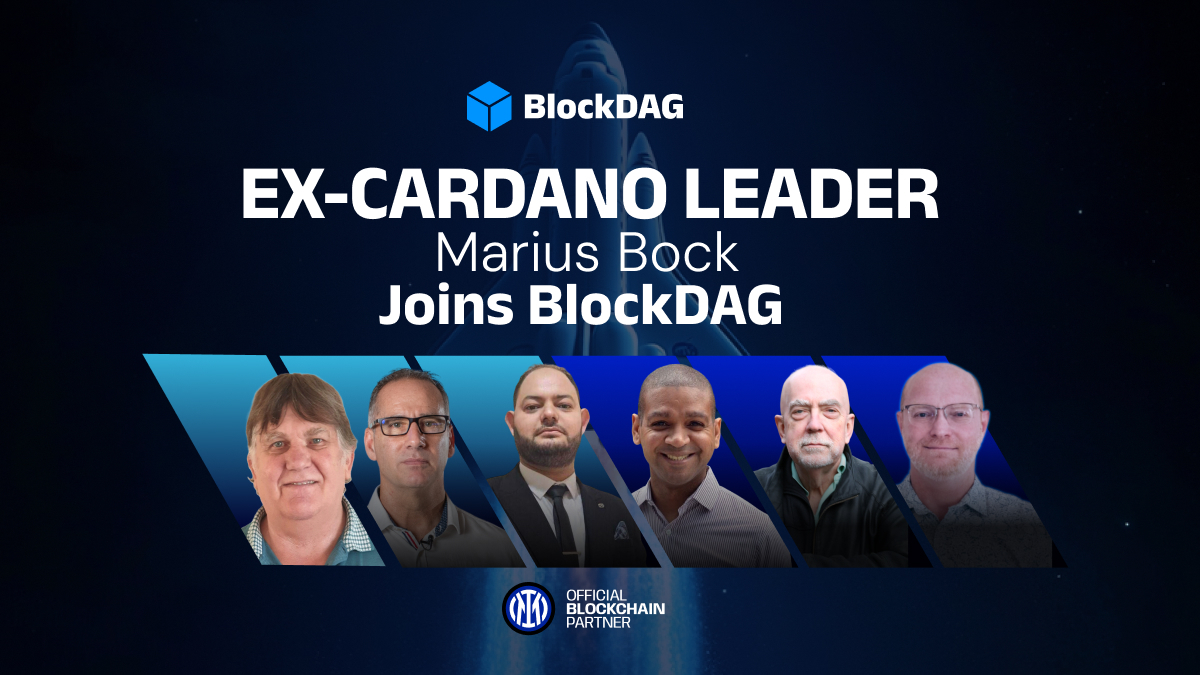

The recent recruitment of Marius Bock, a seasoned professional from Cardano, highlights BlockDAG’s dedication to top-tier leadership. With its presale gathering $180 million and engaging 170,000 unique holders, BlockDAG’s approach is set to challenge major platforms by emphasizing ease of use and robust operations.
BlockDAG: Bolstering Leadership for Broadening Reach
Adding Marius Bock to the BlockDAG leadership team signals a strategic emphasis on experienced guidance to steer its forthcoming exchange listings and ecosystem growth.
Bock’s history at Cardano showed his capacity to oversee substantial blockchain projects, giving BlockDAG a strategic advantage as it aims to enlarge its operations. His guidance is poised to foster innovation and operational effectiveness, especially as the platform draws broader market interest.
The choice to recruit Bock is timely. BlockDAG (BDAG) is aiming for major centralized exchanges to enhance reach and liquidity. Successfully implementing this strategy could strengthen BlockDAG’s market position and quicken its uptake, positioning it as a strong competitor to well-known entities like Solana and Polygon.


A key feature of BlockDAG’s progress is its ongoing presale success. So far, the presale has accrued $180 million, with participation from over 170,000 unique holders.
Now at its 27th batch, the price of BDAG coin has climbed from $0.001 to $0.0248, marking a remarkable increase of 2,380%. Early supporters have witnessed substantial gains, with future projections suggesting even more impressive returns. By 2030, BlockDAG could provide returns as high as 30,000x.
Solana Enhances Network Performance and Ecosystem Expansion
Solana has solidified its status as a top blockchain platform by prioritizing scalability, speed, and cost-effectiveness. Its recent upgrades reflect a dedication to sustaining a robust infrastructure while growing its ecosystem.
One key development is Solana’s ongoing efforts to boost its transaction processing capabilities, reaching tens of thousands of transactions per second. This improvement supports an increasing array of decentralized applications (dApps) in sectors like decentralized finance (DeFi), gaming, and non-fungible tokens (NFTs).
Solana’s collaboration with Robinhood in November 2024 highlights its commitment to broader accessibility. Making Solana (SOL) accessible to U.S. traders has expanded its audience and provided an easy access route for new participants. Moreover, Solana has adopted cutting-edge solutions to enhance network uptime and validator efficiency, underlining its proactive stance on maintaining network reliability.
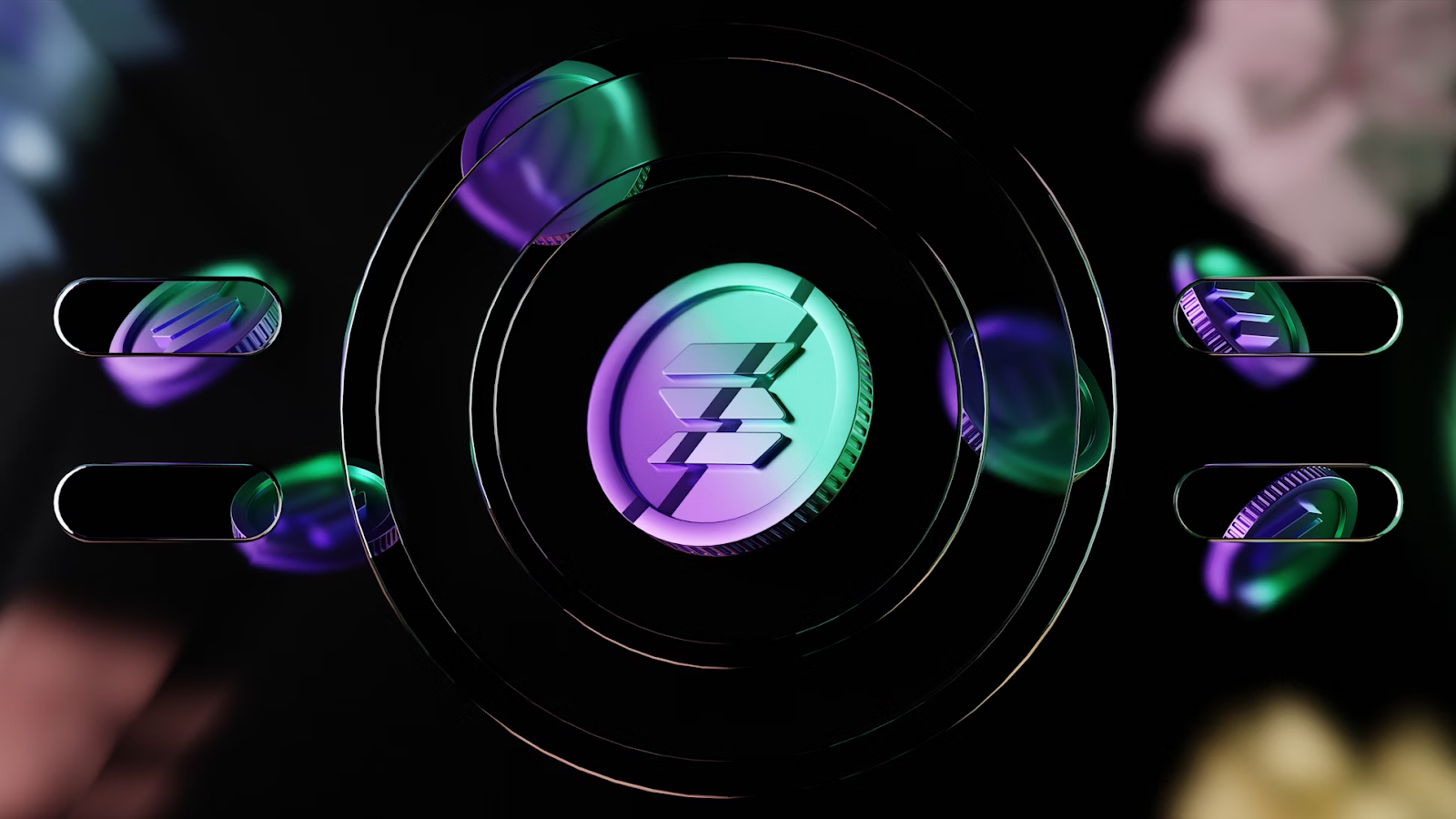

Polygon Advances Interoperability and Network Efficiency
Polygon has concentrated on boosting interoperability and scalability within its network. Its latest innovation, AggLayer, integrates zero-knowledge proofs across various blockchains, offering a cohesive user experience. AggLayer facilitates connections between Layer-1 and Layer-2 blockchains, tackling a significant challenge in the blockchain sector: enabling smooth interactions across diverse networks.
Polygon has also focused on adhering to regulatory standards, aiming to keep its ecosystem robust amid growing regulatory attention. Although the SEC’s designation of Polygon’s native unit (MATIC) as a security in 2024 presented some market challenges, Polygon has continued to draw developers and projects, reinforcing its status as a center for scalable and effective blockchain solutions.
Strategic Approaches Across Blockchain Platforms
Guiding Leadership Dynamics
BlockDAG’s addition of Marius Bock to its team underscores a commitment to boosting its leadership to drive operational effectiveness. In contrast, Solana and Polygon have focused more on technological growth and expanding their ecosystems. Although each strategy aims to fortify their platforms, BlockDAG’s method highlights a conviction in the pivotal role of robust leadership.
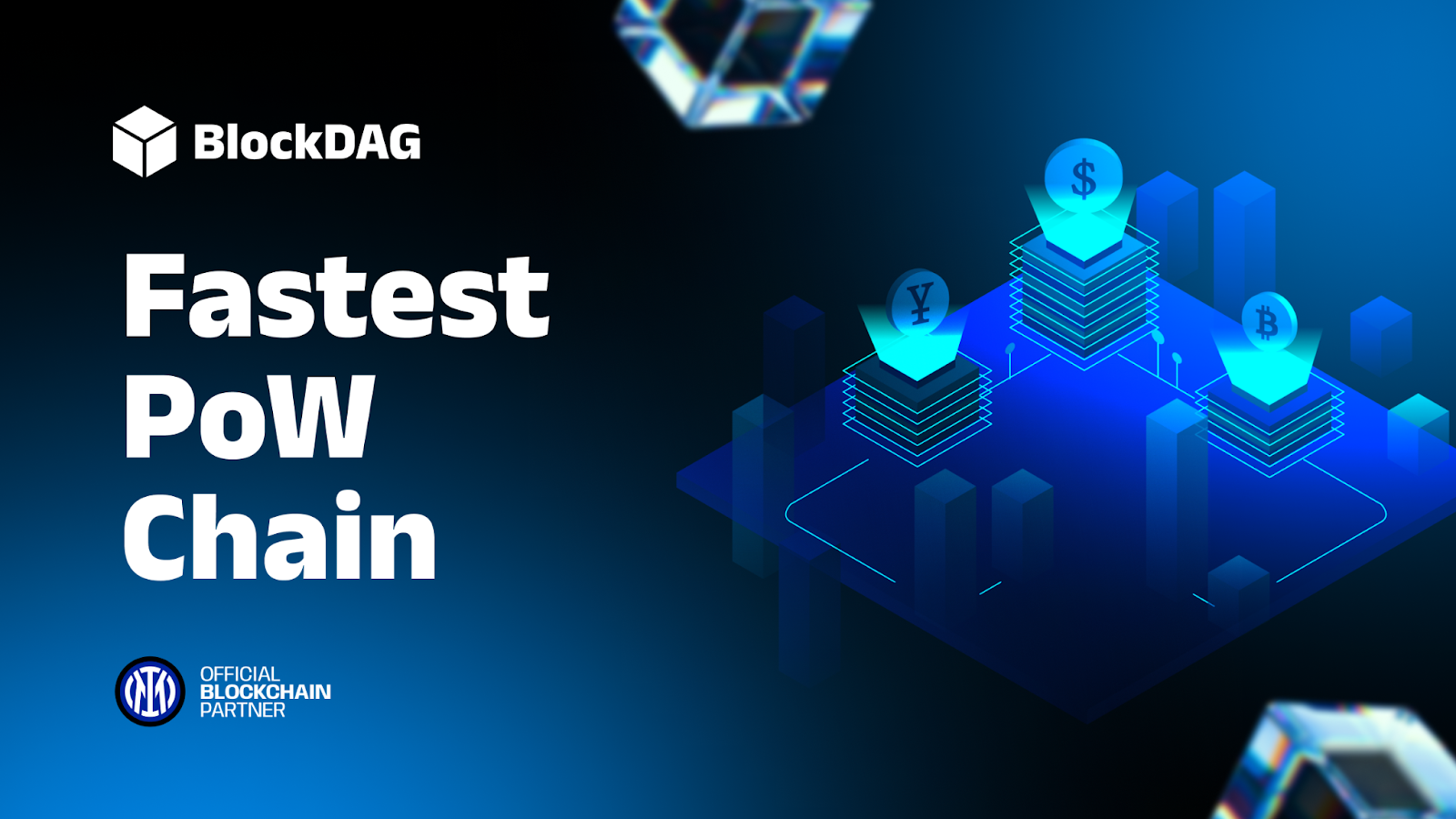

Expanding Market Presence
Both Solana’s integration with Robinhood and Polygon’s enhancements in cross-chain transactions have expanded their market footprints. Similarly, BlockDAG’s forthcoming listings on ten prominent CEXs are poised to create significant opportunities for user engagement and increased liquidity. The outcomes of these listings will crucially influence BlockDAG’s market position.
Managing Regulatory Challenges
Solana and Polygon have recently navigated regulatory challenges, particularly with the SEC’s designation of their units as securities. BlockDAG must strategically address these regulatory hurdles as it prepares for major exchange entries. Adopting preemptive strategies to tackle these regulatory issues will be essential for its sustained expansion.
The Road Ahead for BlockDAG
BlockDAG’s potential to rival Solana and Polygon depends on its effective implementation of current strategies and its adaptability to evolving market dynamics. Marius Bock’s role in steering BlockDAG’s strategic objectives will be crucial, especially as the platform aims to position itself as a strong alternative to established competitors.
While Solana and Polygon are recognized for their tech innovations and ecosystem enhancements, BlockDAG’s emphasis on leadership and market penetration presents a distinctive appeal. Should BlockDAG capitalize on its strategic recruitment and successfully execute its exchange listing initiatives, it could draw a significant number of users and developers looking for a reliable and scalable blockchain solution.


Website: https://blockdag.network
Presale: https://purchase.blockdag.network
Telegram: https://t.me/blockDAGnetworkOfficial
Discord: https://discord.gg/Q7BxghMVyu








